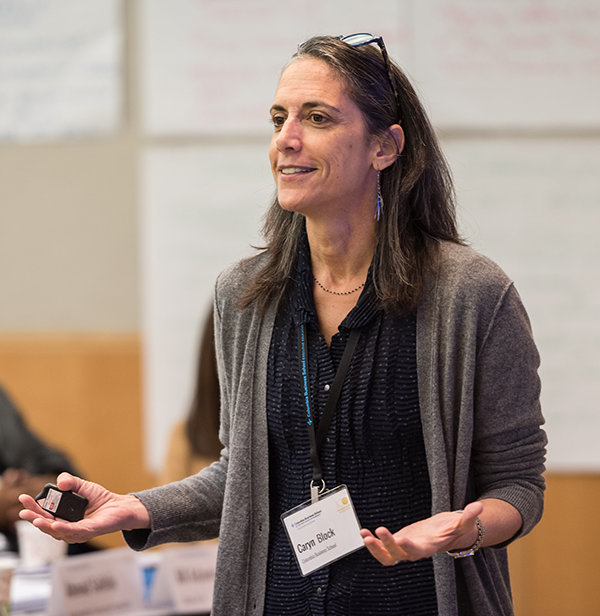New Study: Women scientists less likely to receive excellent letters of recommendations than men

Working with Kuheli Dutt, Assistant Director Of Academic Affairs and Diversity At Columbia's Lamont-Doherty Earth Observatory, Caryn Block, Professor of Psychology & Education at TC, and three doctoral students in the Department of Organization and Leadership, Danielle Pfaff, Ariel Bernstein and Joe Dillard, examined 1,224 letters of recommendation submitted by recommenders from 54 countries on behalf of candidates for postdoctoral fellowships in geosciences with all identifying information redacted from the letters. Letters were then coded as ‘excellent’, ‘good’ or ‘doubtful’ in tone.
The researchers found that "female applicants are only half as likely to receive excellent letters versus good letters compared to male applicants." Excellent letters described the applicant as a ‘brilliant scientist’ or ‘scientific leader’ whereas good letters described the applicant as a ‘solid scientist’ or ‘very productive’. The researchers also found that women are as likely as men to write less glowing references for women.
"These results suggest that women are significantly less likely to receive excellent recommendation letters than their male counterparts at a critical juncture in their career," the authors write in a summary of their article, which was published Oct. 3 in the Nature Geoscience.
"Gender disparities in the fields of science, technology, engineering and mathematics (STEM), including the geosciences, are well documented and widely discussed," they note. In the geosciences, women receive 40 percent of doctoral degrees but hold less than 10 percent of full professorial positions. "A significant leak in the pipeline occurs during postdoctoral years, so possible biases embedded in postdoctoral processes, such as in recommendation letters, may be deterrents to careers in geoscience for women," they conclude.
Click here to read the full article. The research received additional coverage on the websites of the journals Nature and Science, Money magazine, and the online publication Inside Higher Education.
Published Thursday, Oct 13, 2016